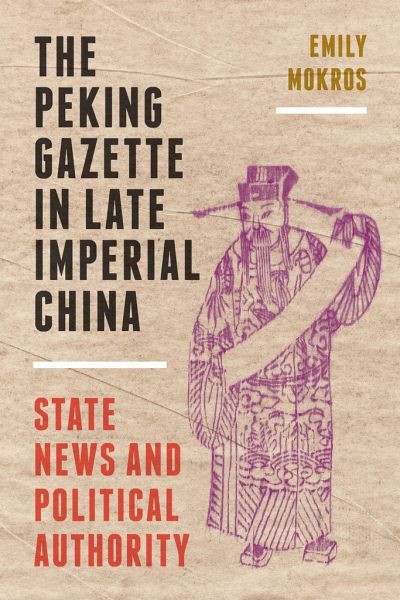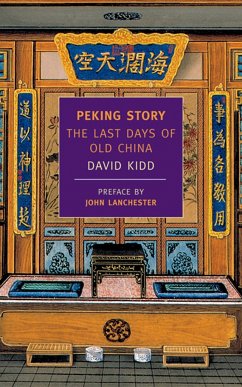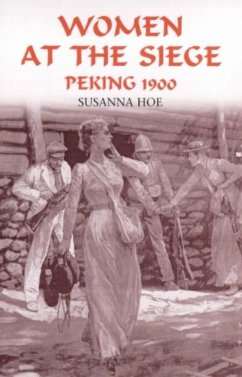
The Peking Gazette in Late Imperial China
State News and Political Authority
Versandkostenfrei!
Versandfertig in über 4 Wochen
33,99 €
inkl. MwSt.

PAYBACK Punkte
17 °P sammeln!
How news circulated from the Qing dynasty court In the Qing dynasty (1644-1911), China experienced far greater access to political information than suggested by the blunt measures of control and censorship employed by modern Chinese regimes. A tenuous partnership between the court and the dynamic commercial publishing enterprises of late imperial China enabled the publication of gazettes in a wide range of print and manuscript formats. For both domestic and foreign readers these official gazettes offered vital information about the Qing state and its activities, transmitting state news across ...
How news circulated from the Qing dynasty court In the Qing dynasty (1644-1911), China experienced far greater access to political information than suggested by the blunt measures of control and censorship employed by modern Chinese regimes. A tenuous partnership between the court and the dynamic commercial publishing enterprises of late imperial China enabled the publication of gazettes in a wide range of print and manuscript formats. For both domestic and foreign readers these official gazettes offered vital information about the Qing state and its activities, transmitting state news across a vast empire and beyond. And the most essential window onto Qing politics was the Peking Gazette, a genre that circulated globally over the course of the dynasty. This illuminating study presents a comprehensive history of the Peking Gazette and frames it as the cornerstone of a Qing information policy that, paradoxically, prized both transparency and secrecy. Gazettes gave readers a glimpse into the state's inner workings but also served as a carefully curated form of public relations. Historian Emily Mokros draws from international archives to reconstruct who read the gazette and how they used it to guide their interactions with the Chinese state. Her research into the Peking Gazette's evolution over more than two centuries is essential reading for anyone interested in understanding the relationship between media, information, and state power.











